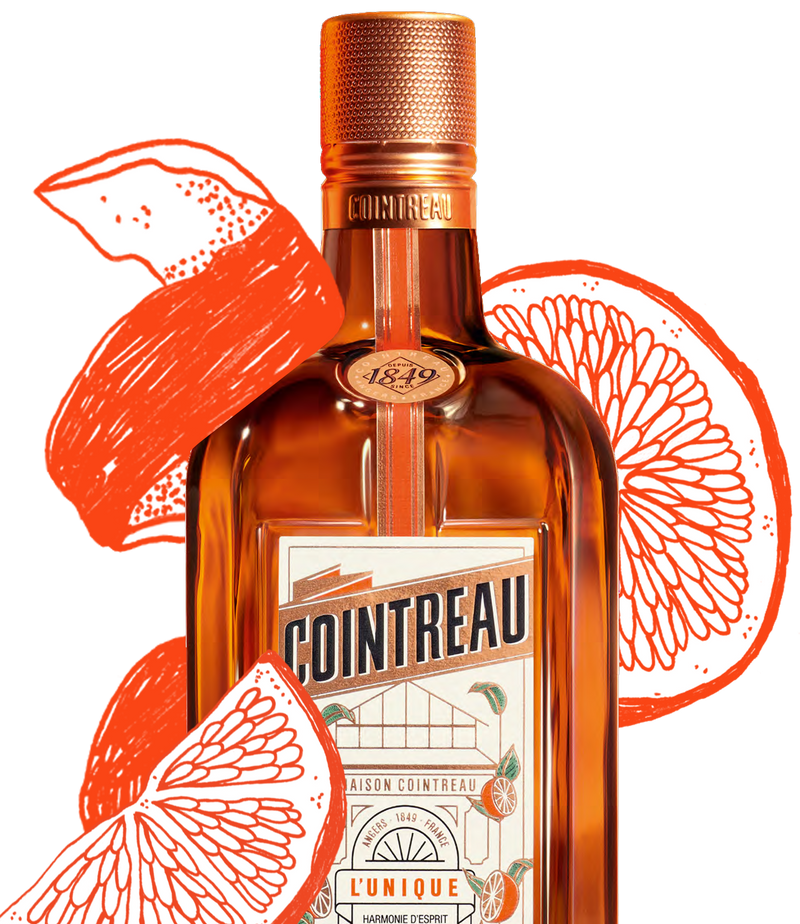Preserving terroirs
Protecting the essence of our terroirs and their biodiversity
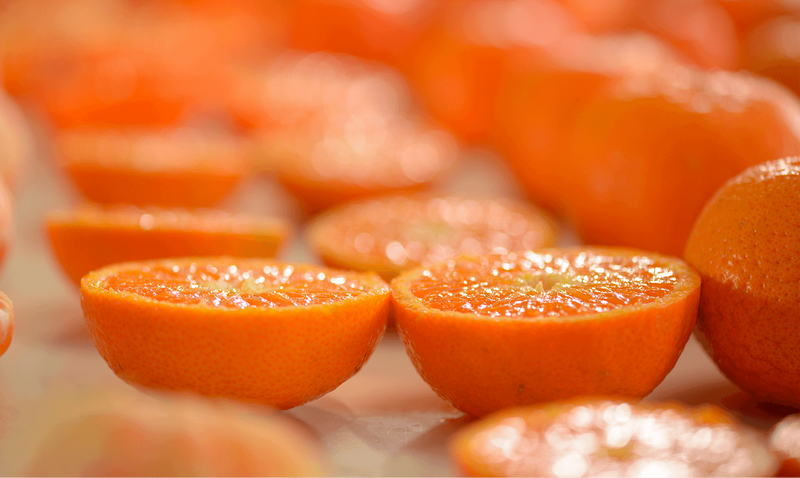
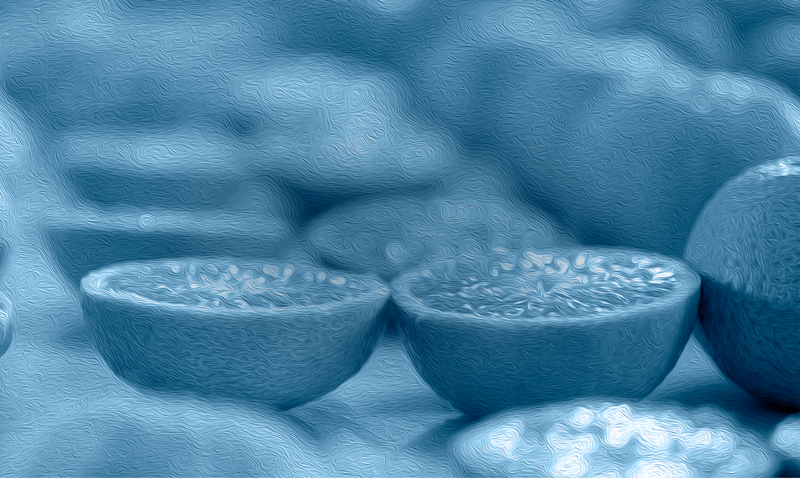

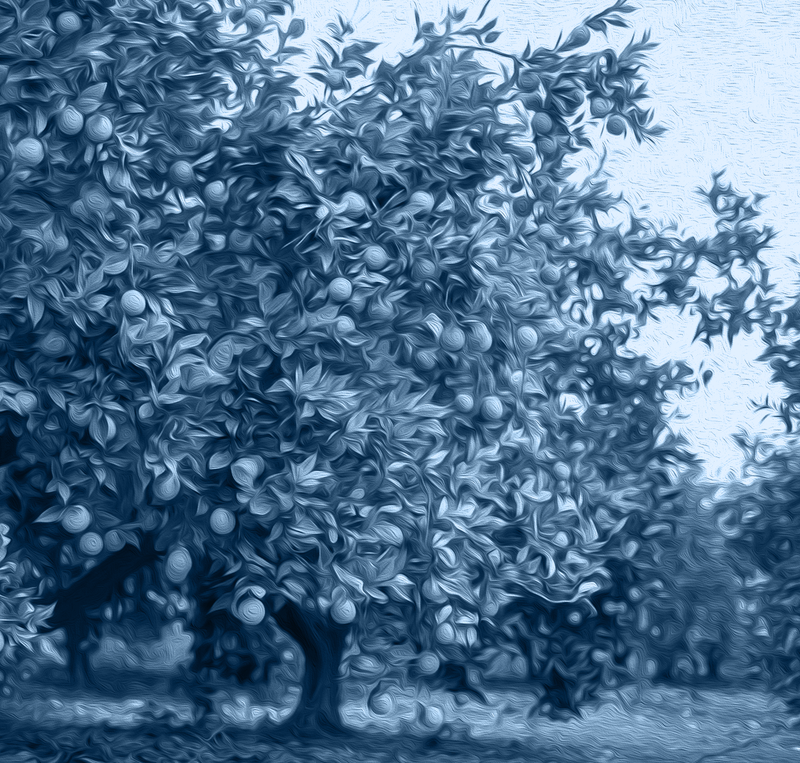

From one generation to the next, Cointreau has created exceptional liqueurs by selecting oranges and orange peels of the highest quality. Our raw material, the orange, grows in a complex and subtle ecosystem: soil, climate and growing practices all affect the quality of our fruit.
Today Cointreau is committed to an ambitious and rigorous environmental approach. The preservation of terroirs, especially orange groves, is a priority for Maison Cointreau.
Our challenges?
To ensure the conservation of balanced soil and to guarantee that the sweet and bitter orange trees necessary for the production of Cointreau liqueur remain healthy today and for generations to come.
I have the privilege of preserving Édouard Cointreau’s legacy, while preparing for the future.
The actions that we are taking to meet those challenges can be summed up by the three “C”s (our favorite letter).
Cultivate. Collaborate. Certify.
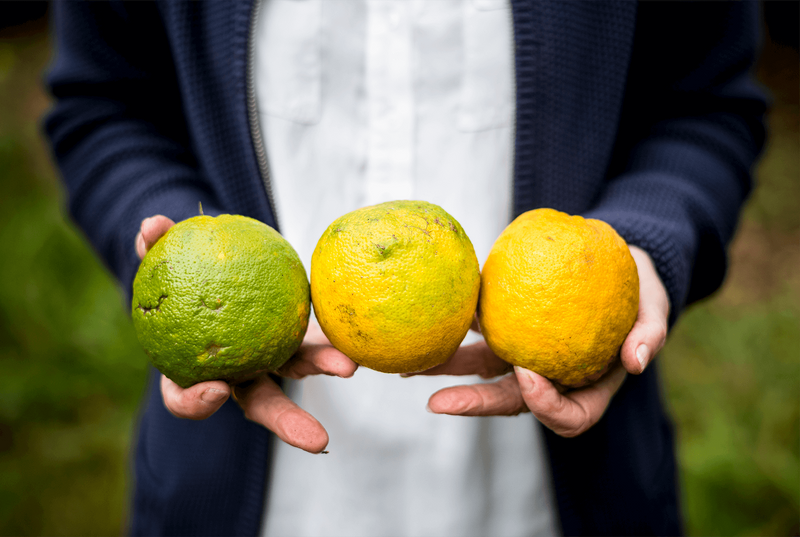
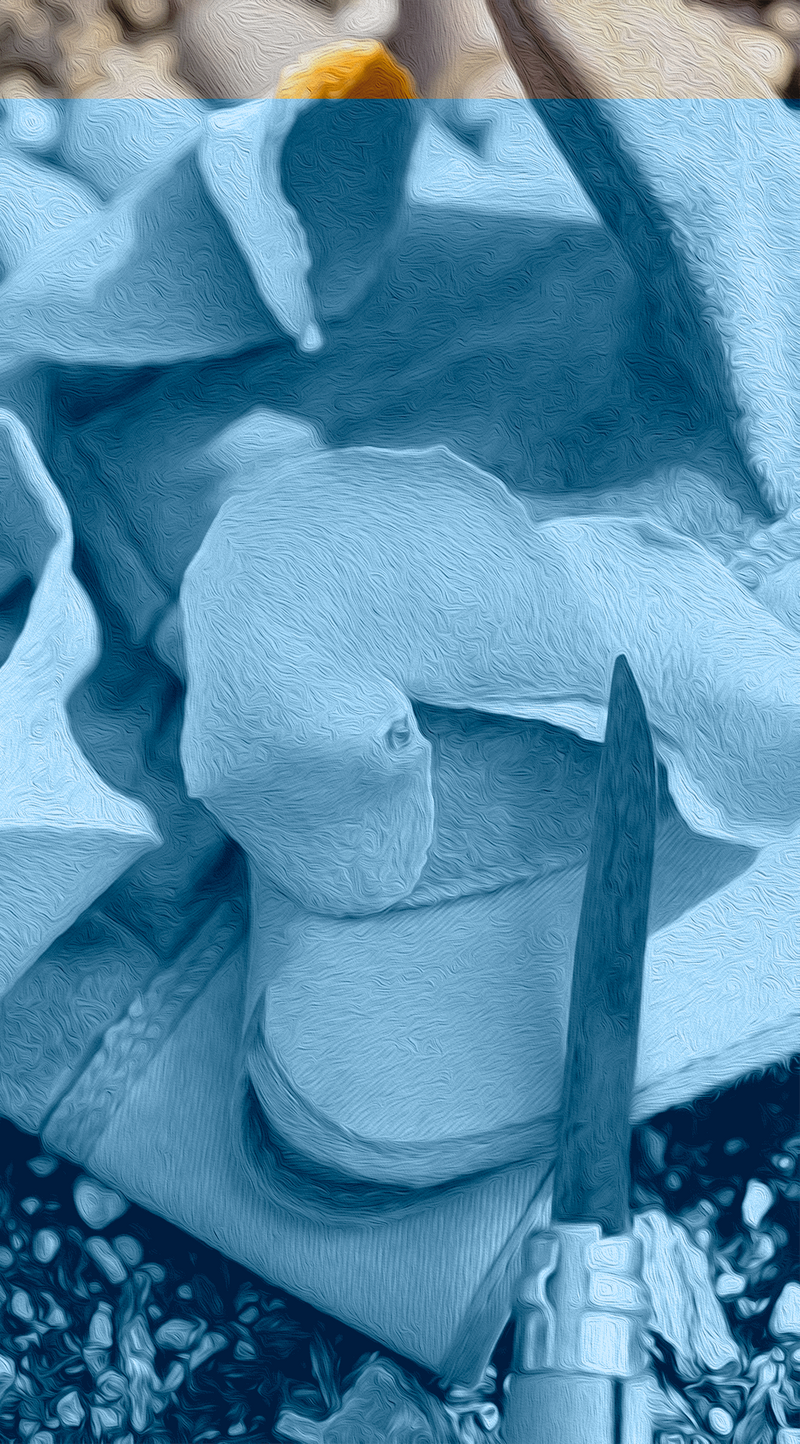
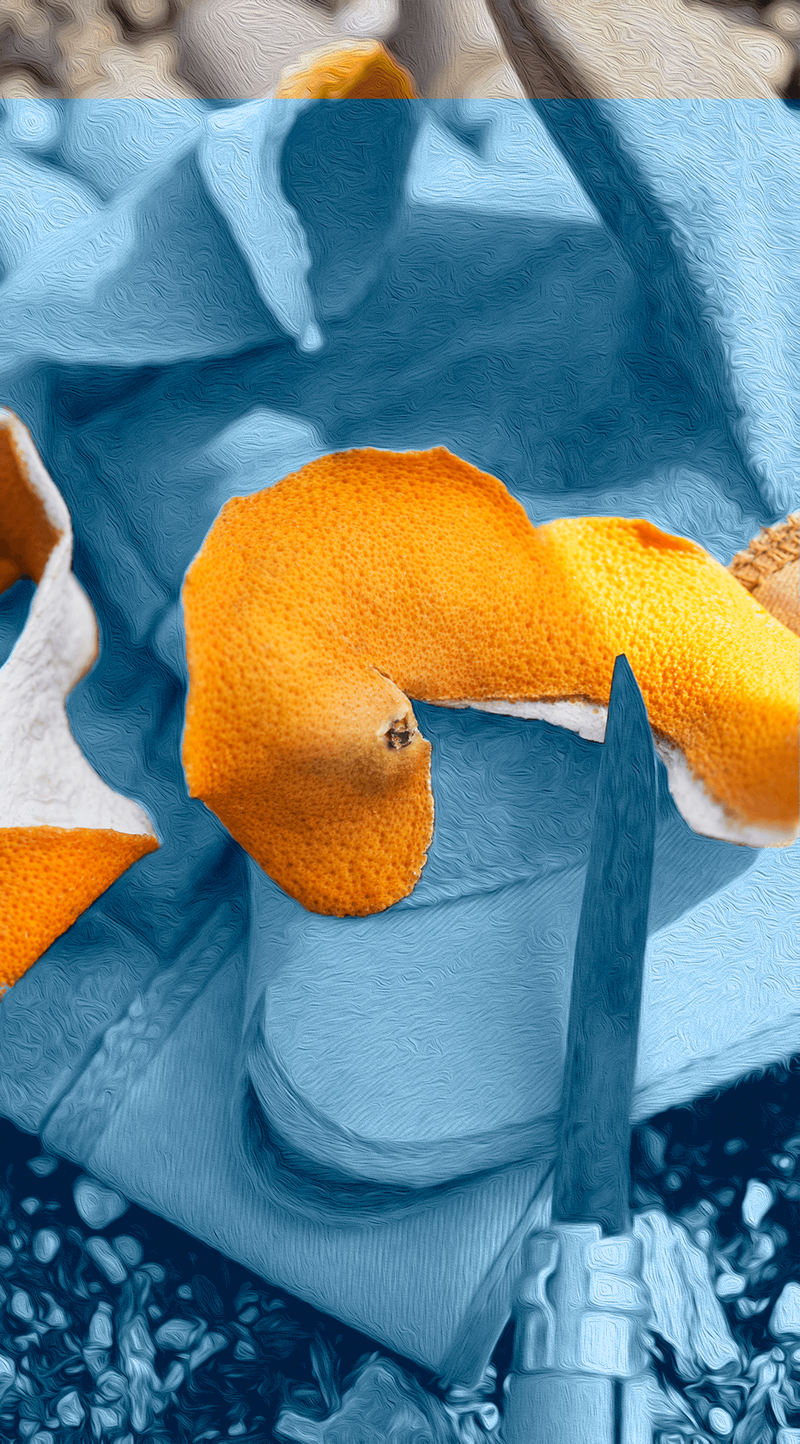
ULTIVATE.
Cointreau promotes more responsible, more sustainable agricultural practices.
We have built a relationship of trust with producers who for years have been supplying fruit of the highest quality, essential for the production of Cointreau liqueur. We are paying particular attention to those precious oranges with an Environmental Charter.
We ensure that precise specifications for each orange variety (essence and peel) are met, to guarantee optimal quality.
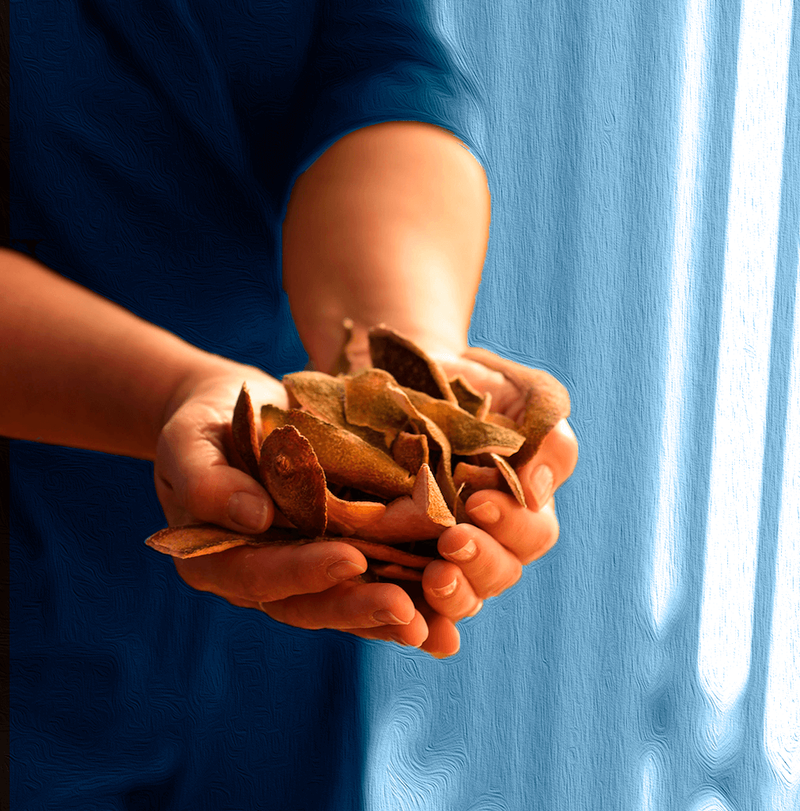

Oranges can be either bitter or sweet. Cointreau employs peels from both types of fruit for its Cointreau l’Unique liqueur.
Dried orange peel comes from Ghana and Morocco, while fresh orange peel comes from Spain. Bitter oranges are grown in Brazil and Tunisia. Since climatic conditions have a significant impact on the quality of the fruit, the exact provenance of peels can vary from year to year, depending on the tests continually conducted on samples by our Master Distiller.
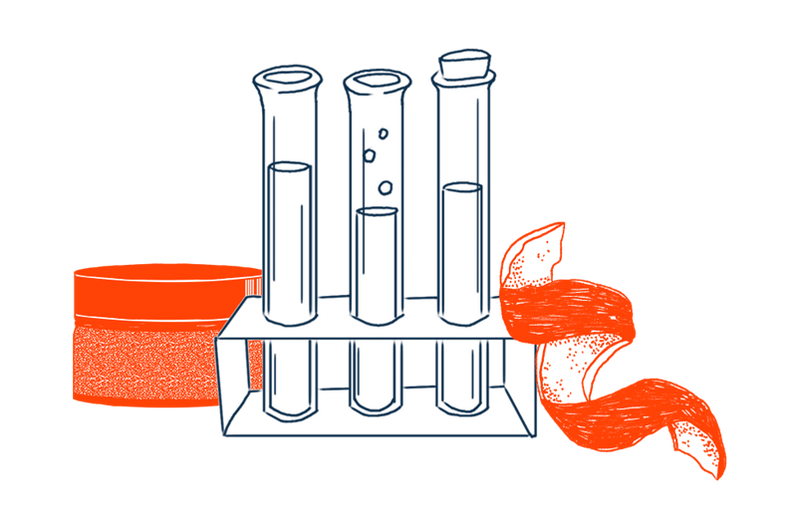
OLLABORATE.
We collaborate in the preservation of biodiversity by investing in research.
In keeping with our efforts to protect sweet and bitter orange trees and ensure biodiversity, the House of Cointreau has chosen to support research through two programs, working in collaboration with international public institutes: INRAE and CIRAD.
Through these research projects, we aim to improve our understanding of how plants adapt to climate change, learn how to maximize plants’ resistance to new diseases, and preserve plant diversity.
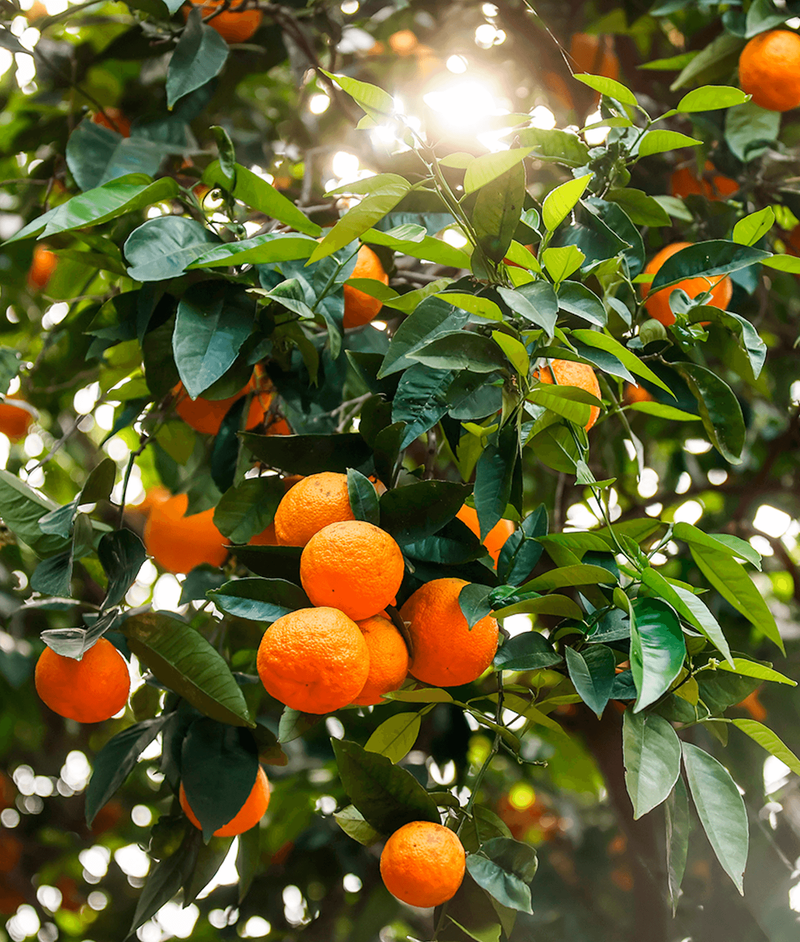

ERTIFY.
We certify our practices and components to guarantee more sustainable and responsible agriculture.
The aim of certification is to improve our performance on quality, traceability, and safety issues in relation to our agricultural raw materials. To this end, we support our partners and farmers by heightening awareness and providing training in sustainable farming practices.
Today, the majority of crops from the sweet and bitter orange trees grown for the House of Cointreau are now GLOBALG.A.P. or Rainforest Alliance certified, a fundamental measure initiated by Carole Quinton, Master Distiller of the House.
For 2025, we have set our sights on reaching 100% of our oranges supplied exclusively from certified orange groves.
Terroirs by the numbers :
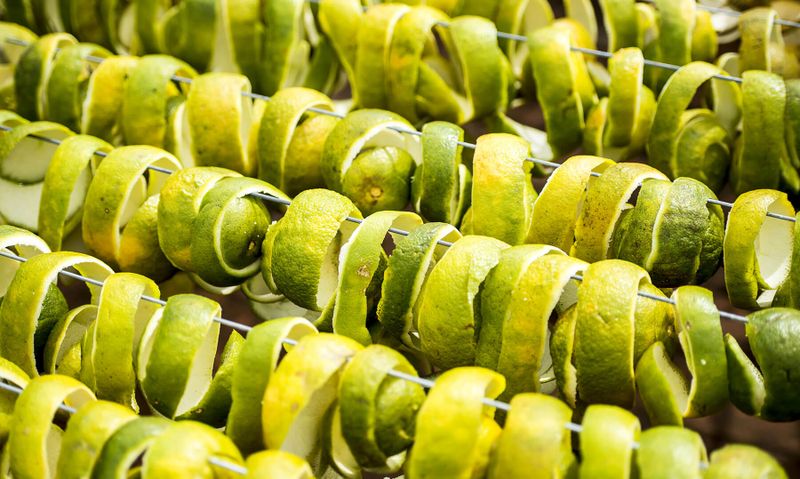
100%
of sweet and bitter orange groves certified by 2025
2
research programs with international public institutions, to contribute to the preservation of orange trees
